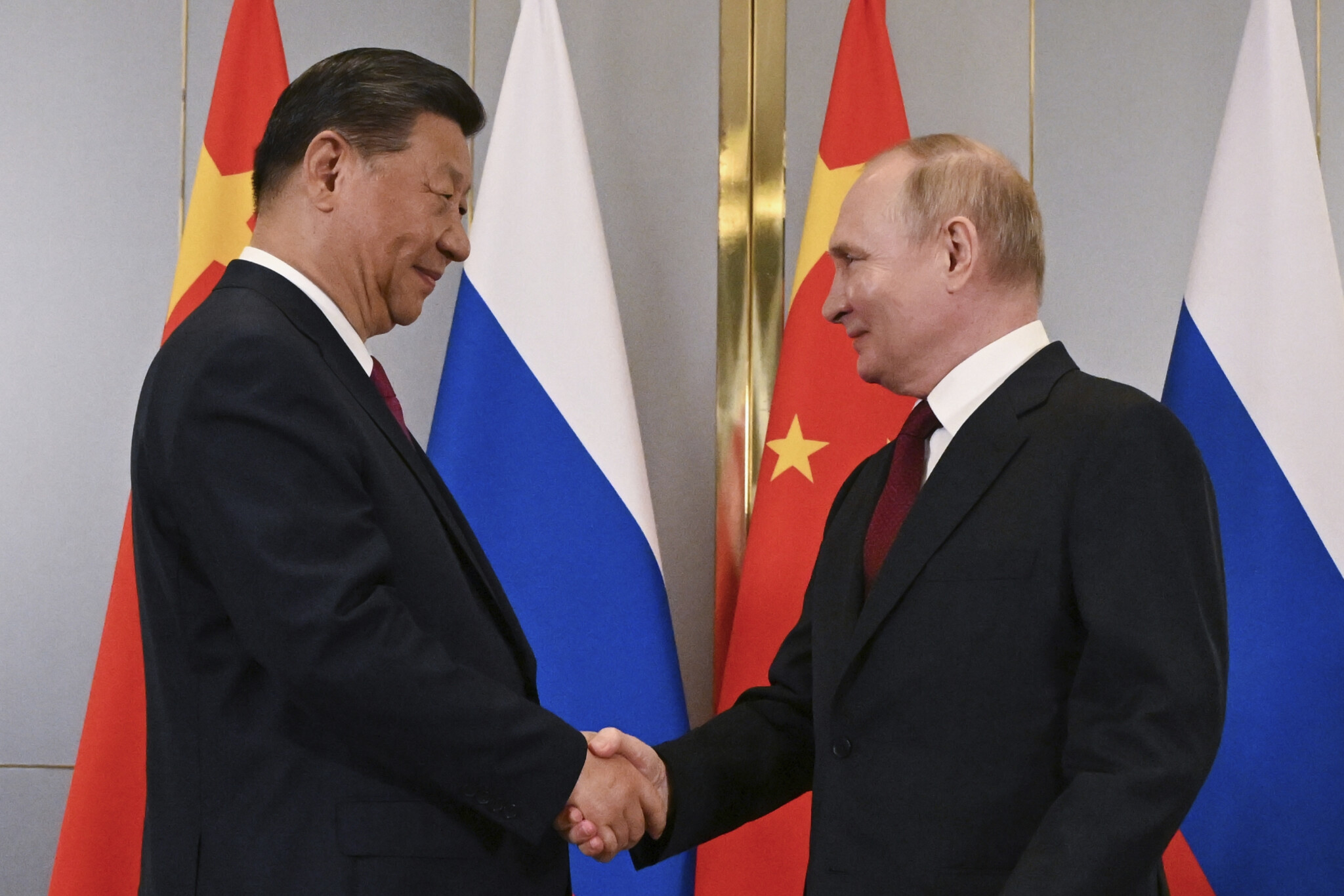The iconic refrain in Don McLean’s early 1970s hit American Pie—“the day the music died”—was initially assumed to be a reference to the plane crash that killed the rock pioneers Buddy Holly, The Big Bopper, and Richie Valens. But, over the years, many have speculated on a deeper meaning behind the song. Namely, that McLean was lamenting the social upheaval in America stemming from the traumatic events of the 1960s: the Cuban Missile Crisis; the Vietnam War; the anti-war protest movement on American college campuses; and the assassinations of John F. Kennedy, Robert F. Kennedy, and Martin Luther King, Jr. He was writing in effect about a postwar inflection point—the loss of American innocence.
Fast forward to 1992 and American political scientist Francis Fukuyama’s The End of History and the Last Man, argued that liberal democracy was the “end point of mankind’s ideological evolution.” With the fall of the Soviet Union and the Warsaw Pact, Fukuyama’s argument was celebrated and crystalized in the thinking of many that the West, with its system of government, democratic values, and capitalism, had “won.”
Victories can be fleeting. Events early in the new millennium—9/11, the subsequent wars in Afghanistan and Iraq, and the Great Recession—tested neoliberalism, which proved reasonably resilient but no longer omnificent. The rise of China, and its economic, military, and diplomatic assertiveness under President Xi, has been testing Western values and leadership for the better part of the last decade. Yet it is recent geopolitical, political, and judicial events that suggest a revival of Don McLean’s refrain may be in order.
Vladamir Putin has been festering about the collapse of the Soviet Union for more than two decades. He seized Crimea a decade ago while the West watched and waffled. The waiting ended with Putin’s vicious invasion of Ukraine in 2022 which, to the surprise of most in the West, didn’t lead to a swift collapse of Ukraine. U.S. leadership, combined with a surprisingly cohesive European response, provided considerable initial support from the West. Now, three years into a conflict with no end in sight, support for Ukraine is waning and NATO itself is at risk from political swings to the hard Right in the United States and the EU.
China and North Korea are stronger than ever, and they threaten vital shipping lanes in the South China Sea, the East China Sea, and the Sea of Japan as well as our allies in the Asia Pacific. Their emerging geopolitical coalition and military cooperation with Russia and Iran spell heightened risks for the Middle East and even Europe itself.
But not all the risks to liberalism come from outside the West.
Two recent rulings from the United States Supreme Court also signal attacks on liberalism. The landmark 6-3 ruling that immunity is absolute for a former president’s actions that are within core constitutional powers as president produced seismic shockwaves as it seemingly ended the democratic tenet that no one is above the law. Now one is: the U.S. president.
Not to be outdone by itself, the Supreme Court also overruled the Chevron precedent by the same 6-3 margin. The 1984 Chevron precedent meant that when a statute is ambiguous or silent, deference should be given to the administrative agency or regulator’s interpretation of the statute. The fall of Chevron means that a forty-year-old Supreme Court judgement that enabled the effective functioning of the complex modern state has been thrown overboard, leaving the courts as the ill-qualified interpreters of a vast body of administrative and regulatory law.

Conservative MP Michael Chong leaves the Public Inquiry Into Foreign Interference after appearing as a witness, April 3, 2024 in Ottawa. Adrian Wyld/The Canadian Press.
Joe Biden’s performance during the debate with Donald Trump has not only increased Trump’s chances of winning the presidency this October, with all that may bring domestically in the U.S. and abroad although a commitment to liberalism and Western allies will not be among them, it also raises trust concerns that the people closest to him are not being straight with the Democratic Party or the American people about his health challenges. In another flashback to pivotal events of earlier presidencies, the assassination attempt on former President Trump is reminiscent of the attack on President Reagan, which both shocked Americans deeply and moved public opinion strongly towards the victim of the attack.
Closer to home, the handling by the government of possible foreign interference in Canada is a textbook case for other countries to avoid. Canadians have learned more from reporting in the Globe and Mail than we have from our own government, which seems paralyzed by the issue to the detriment of all. With reports from the National Security and Intelligence Committee that some parliamentarians were “witting or semi-witting” participants in foreign meddling, particularly from China and India, and the utter absence of a government response or any clarity, it is not surprising that many Canadians are losing faith not only in the government but also in our democratic institutions themselves.
The postwar dominance of Western neoliberal policies, politics, values, and view of the global commons is looking more and more like it is at an inflection point. With the forward march of far-Right populists in the United States and Europe (and now far-Left populists in France), we’ve gone from open markets, rules-based multilateralism, and collective security through NATO to protectionism, nationalism, and isolationism as voters feel abandoned, disillusioned, and left behind.
It’s only been a scant three decades since Fukuyama’s treatise, but the levee that was neoliberalism is looking awfully dry, and the music seems headed the way of Miss American Pie.








